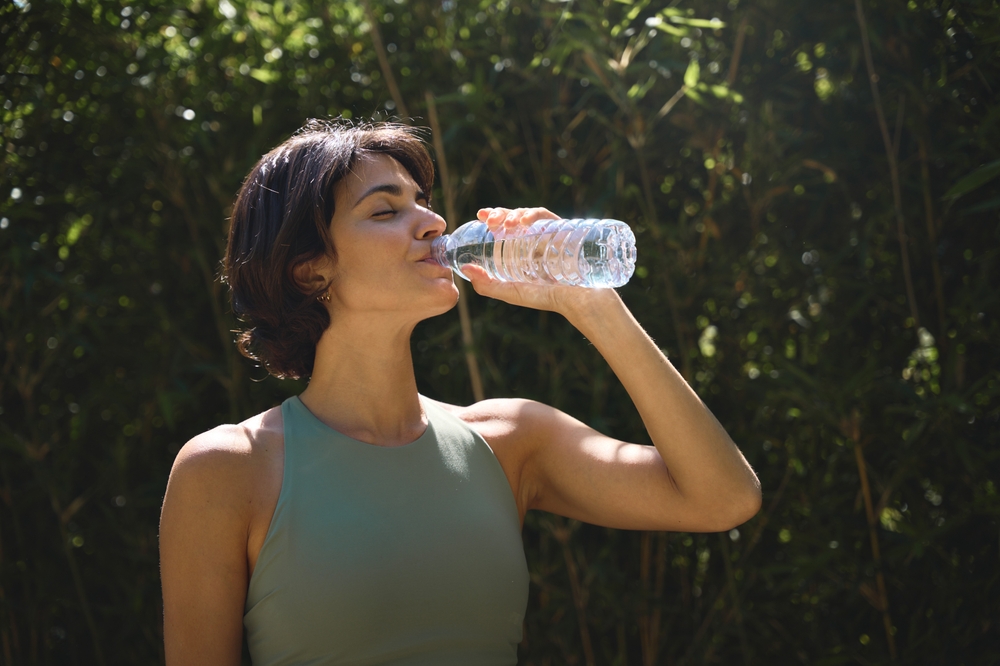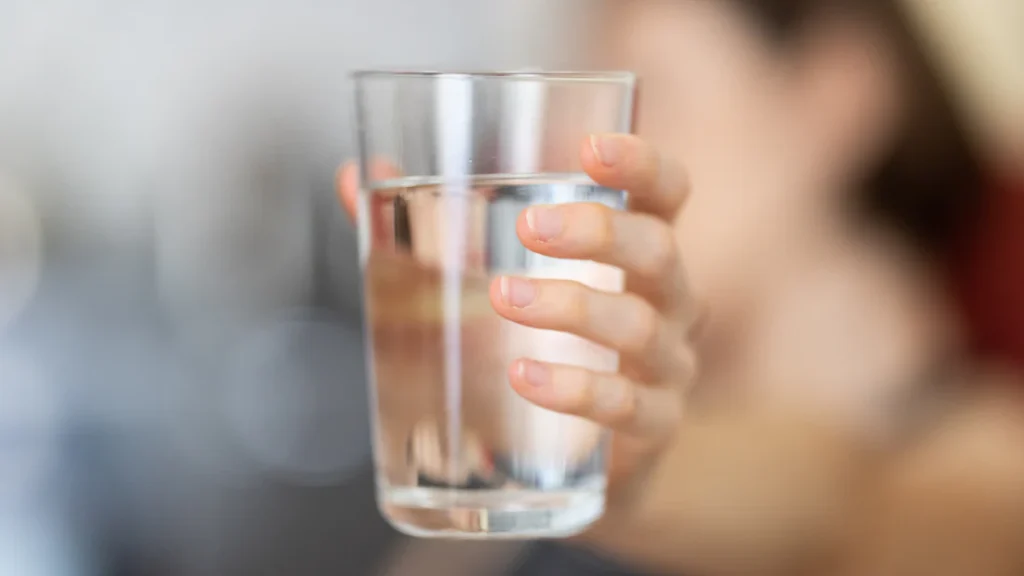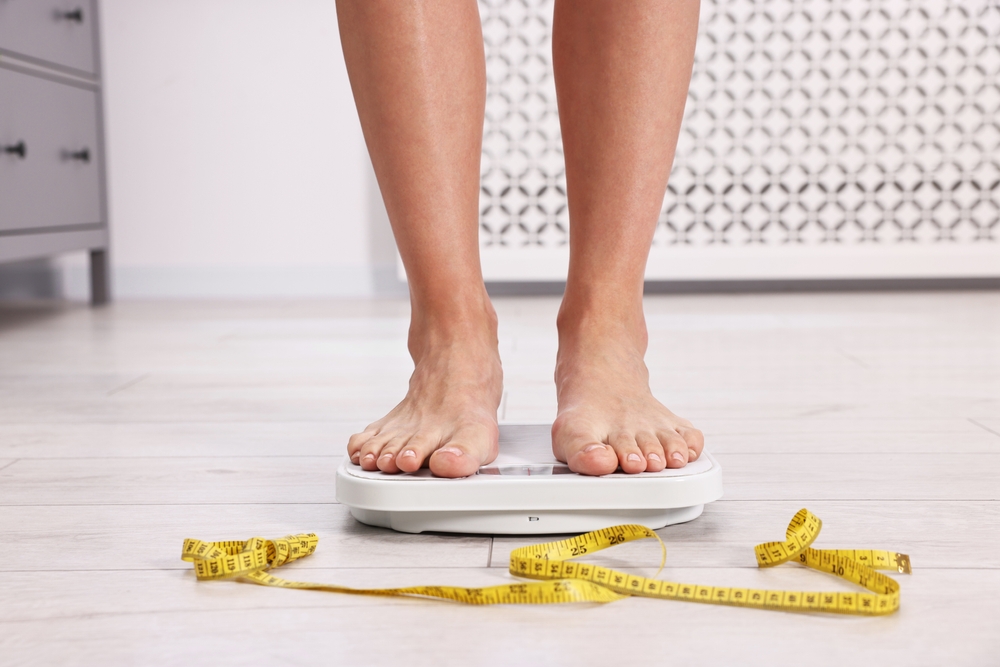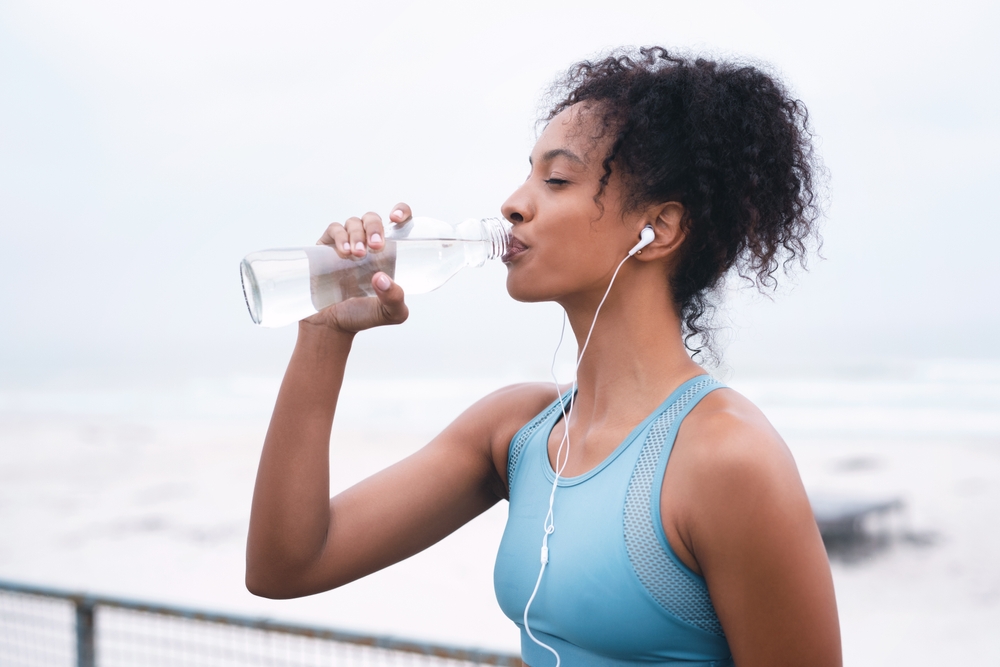
Water is a vital element for our survival, making up around 60% of our body. It is crucial for various bodily functions such as transporting nutrients, regulating temperature, providing lubrication, and cushioning joints. Because of its importance, the trend of drinking water first thing in the morning has gained popularity, with claims that it offers numerous health benefits. This article explores the truth and myths surrounding this practice, emphasizing the role of water, dispelling hydration myths, and evaluating the potential benefits of drinking water in the morning.
Why Our Bodies Need Water

Water is an essential nutrient for proper bodily function. Every organ and tissue in the body relies on water to perform vital processes. From delivering nutrients and oxygen to cells to regulating body temperature and lubricating joints, water is indispensable for overall health. Without enough water, dehydration can occur, leading to harmful health effects. Therefore, it is essential to maintain an adequate water balance to keep the body hydrated and functioning properly.
Are There Benefits to Drinking Water First Thing in the Morning?

The idea that drinking water immediately after waking up helps rehydrate the body may not be entirely accurate. While urine color is often used to indicate hydration, studies have shown it doesn’t always reflect hydration status accurately. Drinking water in the morning may help hydrate the body, but the timing of when you drink it is less significant than maintaining hydration throughout the day. Claims that it improves mental clarity and skin health lack strong scientific evidence. While hydration does impact the skin and brain, it’s not tied to a specific time of day. Staying hydrated consistently throughout the day is more important than focusing on when you drink water.
Does Drinking Water Before Meals Actually Help You Lose Weight?

Drinking water before meals can help reduce calorie intake by increasing feelings of fullness, but weight loss is influenced by more factors than just the timing of water consumption. The relationship between water and weight loss is complex, including factors such as metabolism and thermogenesis. Some studies have suggested that drinking water can boost metabolism, but the timing of consumption does not significantly affect weight loss. Furthermore, drinking too much water too close to a meal can interfere with digestion. For sustainable weight management, focusing on a healthy lifestyle and diet is more effective than worrying about when to drink water.
Other Hydration Myths

There are several misconceptions about hydration, such as the belief that drinking water in the morning helps flush out toxins, improves skin health, or boosts metabolism. However, scientific research does not strongly support these claims. The body’s natural detoxification processes primarily involve the kidneys, and while staying hydrated is vital for health, myths about water consumption may not be scientifically grounded. It’s important to approach hydration from an informed and balanced perspective.
What is Japanese Water Therapy?
Japanese Water Therapy involves drinking several glasses of room-temperature or warm water every morning on an empty stomach, believed to improve digestion and treat conditions like constipation, high blood pressure, and type 2 diabetes. It avoids cold water, as it’s thought to slow digestion.
While it may improve hydration and digestion, scientific evidence doesn’t support its effectiveness for serious health issues. Drinking water can prevent dehydration, headaches, and kidney stones, but its impact on weight loss is unclear.
Excessive water intake can be dangerous, especially for people with certain conditions. It’s best to consult a healthcare professional before starting this practice.
How Much Water Should You Be Drinking Each Day?

The optimal amount of water intake varies based on factors such as age, gender, activity level, and overall health. While the “8×8” rule (eight 8-ounce glasses of water per day) is a common guideline, individual hydration needs can differ. A more personalized approach considers factors like climate, physical exertion, and any health conditions that may affect water requirements. Maintaining proper hydration is essential for supporting bodily functions and overall health.
The Bottom Line
While drinking water first thing in the morning may provide some benefits, such as promoting hydration and potentially aiding in weight management, it is important to evaluate these claims critically. Understanding the role of water in the body, debunking hydration myths, and relying on evidence-based information can help us make informed decisions about our hydration habits. Whether you choose to try practices like Japanese Water Therapy or follow traditional hydration guidelines, staying hydrated is essential for health. It is crucial to listen to your body, maintain a balanced approach to hydration, and seek personalized advice from healthcare professionals on optimizing your water intake.

